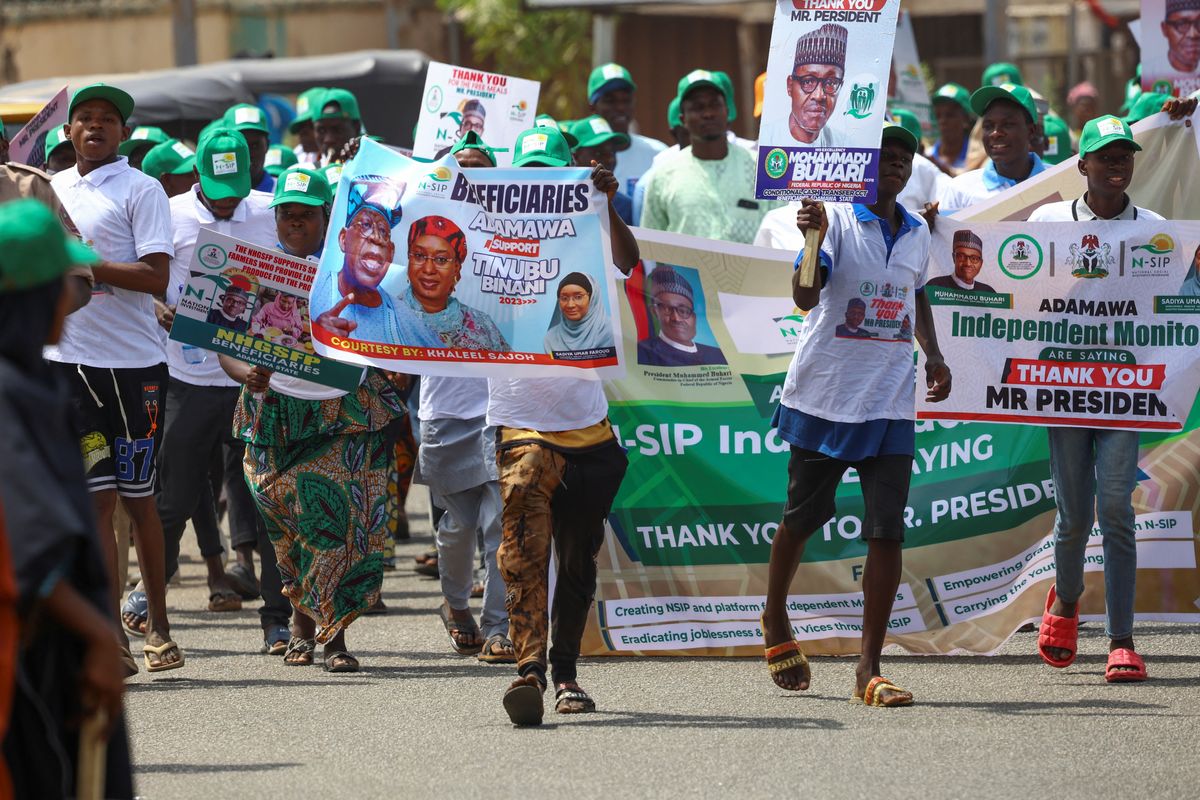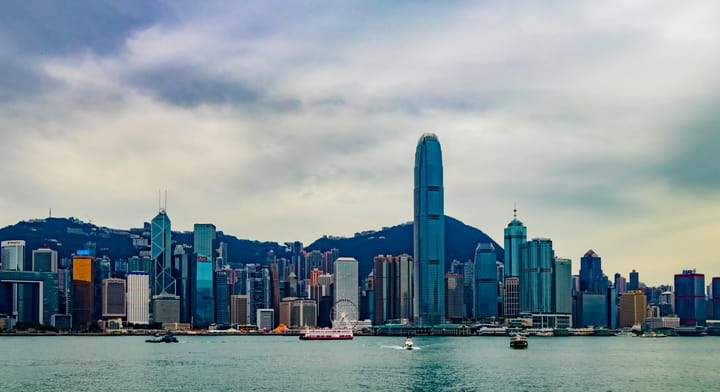Why Nigeria’s presidential election is making waves
Nigeria is Africa’s largest economy and its most populated country.

A few minutes every morning is all you need.
Stay up to date on the world's Headlines and Human Stories. It's fun, it's factual, it's fluff-free.
The backstory: Nigeria is Africa’s largest economy and its most populated country. It’s had a functioning democracy for the past 24 years, with its military dictatorship ending in 1999. To win a presidential election, a candidate only needs a simple majority, as long as they get 25% of the vote in at least 2/3 of Nigeria’s 36 states. There have been issues with voting in the past, but Nigeria’s Independent National Electoral Commission (INEC) has made progress in regulating fraud.
More recently: This year marks Nigeria’s seventh presidential election since it established its current government. The country is currently dealing with a few major issues: record unemployment and inflation, massive national debt, energy shortages, declining security, systemic corruption and broken public services. President Muhammadu Buhari has reached his two-term limit, and 18 candidates are running to replace him. This election is a big deal on the international stage because Nigeria’s influence on the African Union’s positions on international issues is pretty much unmatched.
The development: The election will take place on Saturday, and a record 93.5 million Nigerians are registered to vote. There are three leading candidates at the moment: former Lagos governor Bola Tinubu with the ruling All Progressives Congress (APC), Atiku Abubakar with the main opposition Peoples Democratic Party (PDP), and Peter Obi, a candidate who came out of the woodwork having left the PDP for the Labour Party. Obi is leading in five opinion polls. This is partly because he’s been able to motivate youth voters through his social media campaign. A lot of them are disillusioned by Nigeria’s political situation and are looking for an outsider to fix things.
Key comments:
"We haven't had these technologies shaping Nigeria's elections before, and we've never had a three-way race before, and the context is not primed for an easy incumbent win," Leena Koni Hoffmann, an associate fellow of the Africa Programme at Chatham House, told CNBC.
"This is one of the closest elections that has ever been held in the history of this country," said Abiodun Adeniyi, a professor of mass communication at Abuja's Baze University.
"Nigeria is a giant that has never been quite stable," said Ayisha Osori, an analyst with the Open Society Foundations. "We are having one of our most polarized elections ever (and) our campaign messaging is a lot more focused on competition between religions, competition between ethnic groups and trying to address political equity issues."




Comments ()